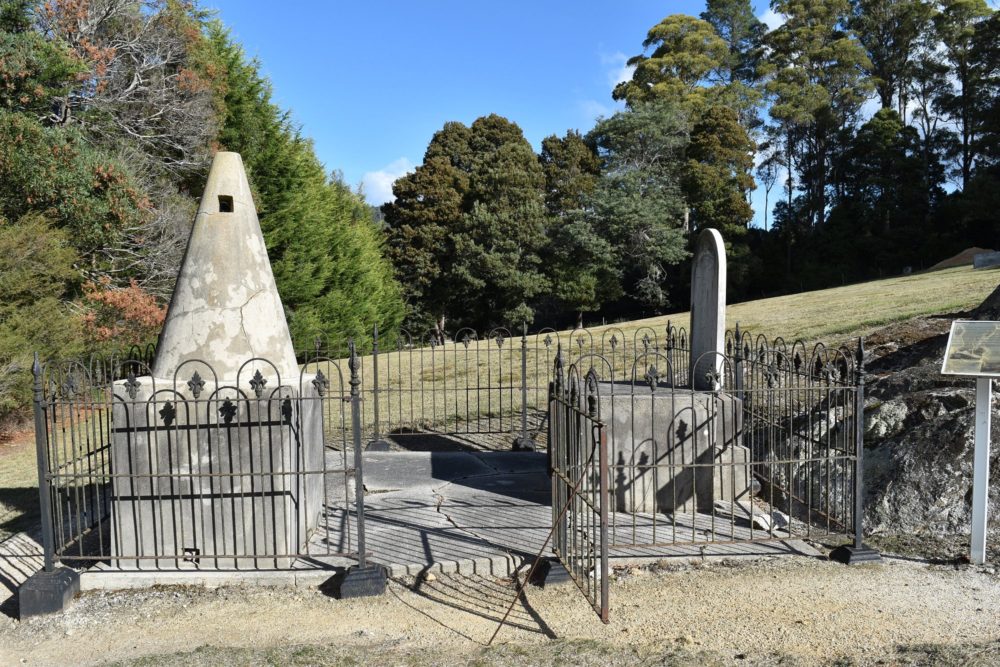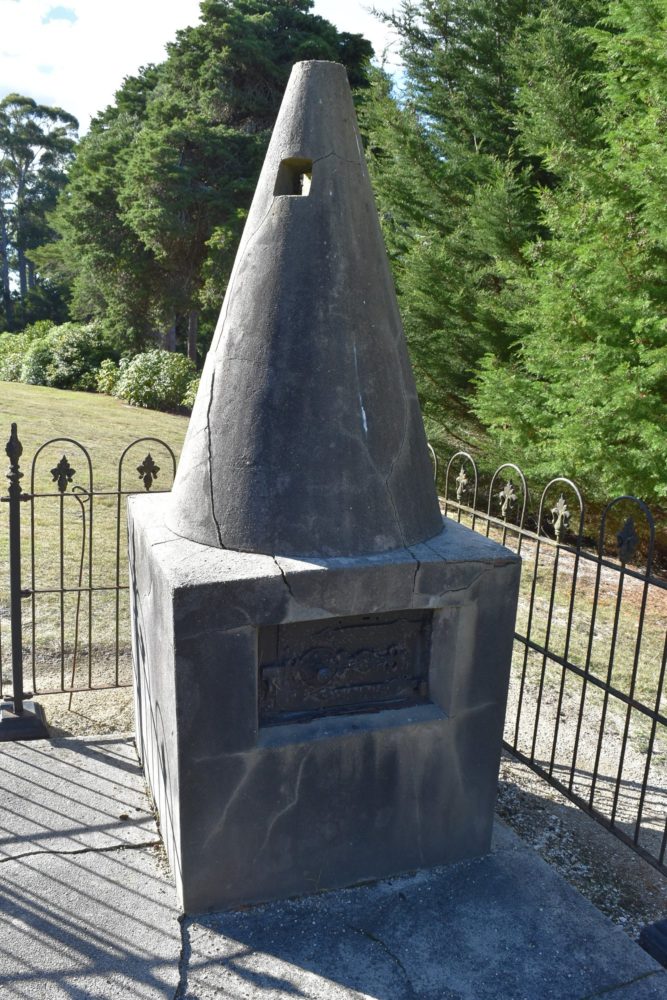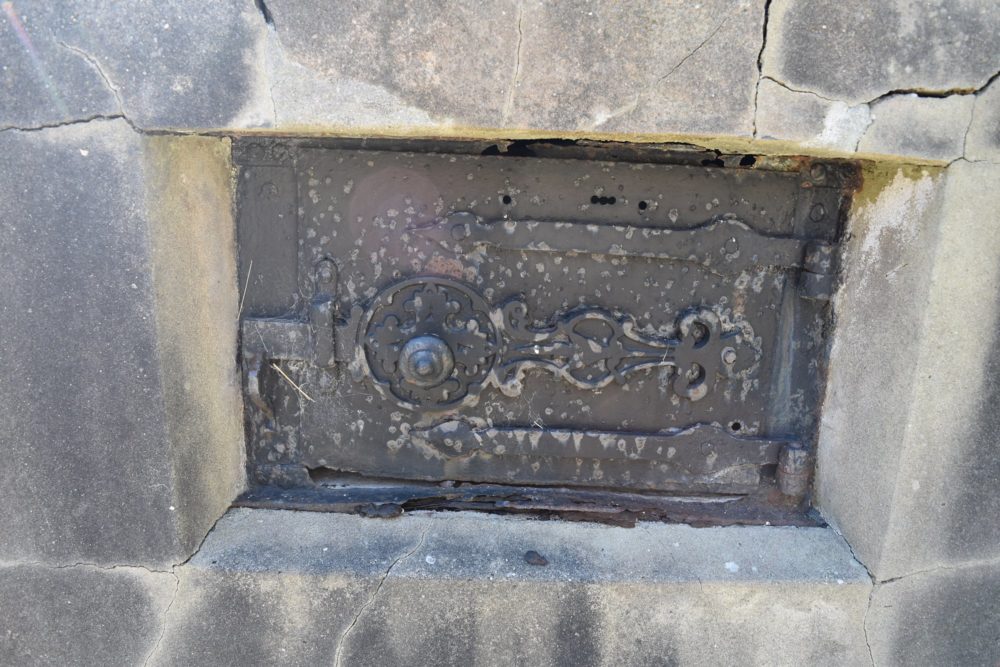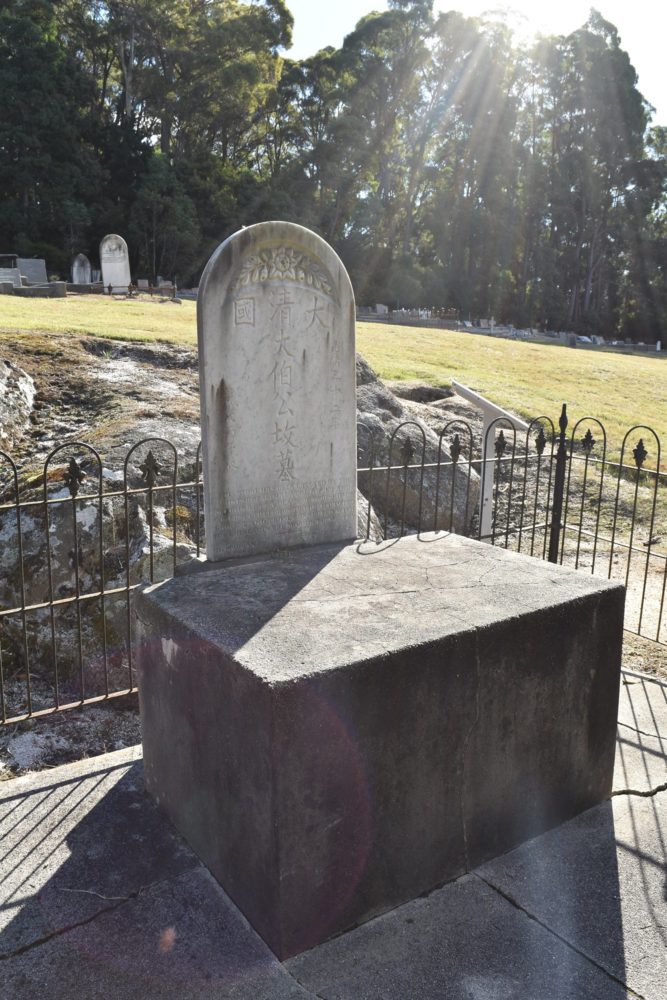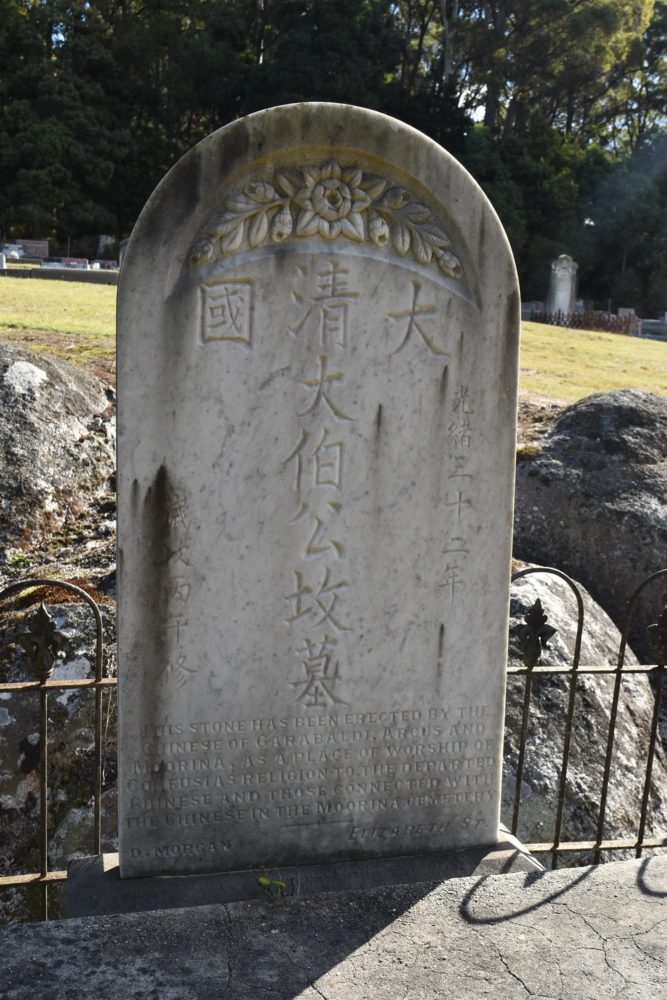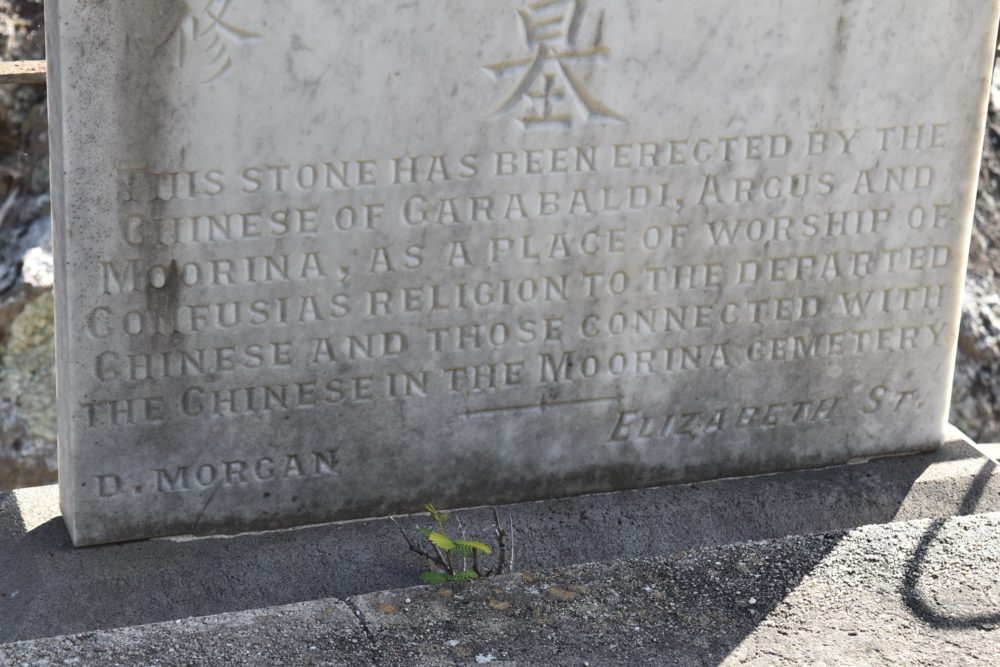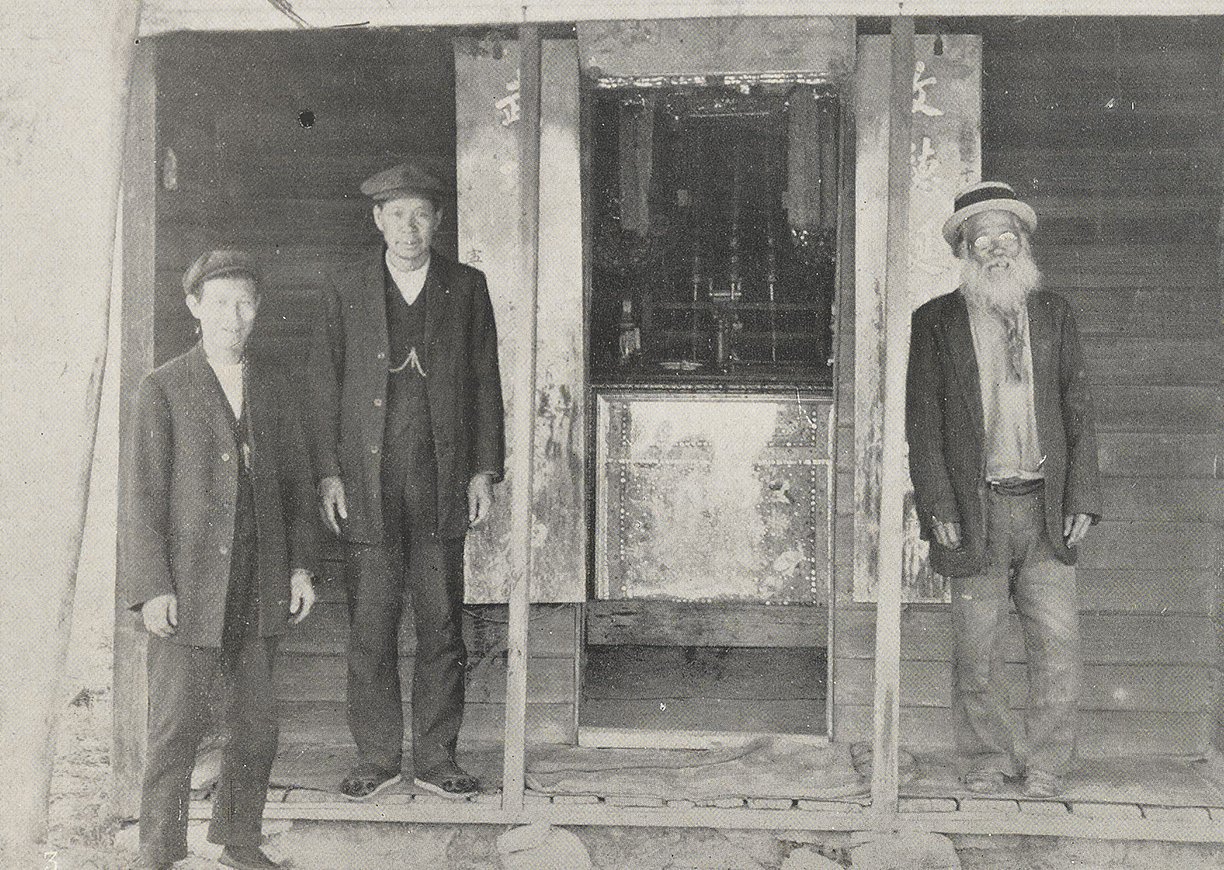Celestial Visitants. —Considerable amusement has been created in town within the last few days by the grotesque appearance of some Chinese, who arrived here in the schooner Malvine, and who have paraded our streets in full display of their national costume. Young and old invariably stop or turn to look at the wiry pigtails and capacious inexpressibles, which appear to have been made for that most symmetrical of female forms—the Hottentot Venus. It is droll to observe the air of self-complacency with which these people move about; swinging their rigid arms like the pendulum of a clock, and rolling from side to side, a party of four or five will occupy the width of a street; whilst the continual grin upon their countenance indicates a full persuasion of transcendant superiority. Nevertheless, one cannot but regard them with deep interest, as forming part of a nation embracing nearly half the entity human family and who, after centuries of seclusion, are now stepping into the world around them. The men (thirteen in number) proceed to the digings
Launceston Examiner via the Banner, 20 June 1854
MAGISTRATE IN A FIX.—At the police office on Saturday last, thirteen emigrants from the celestial empire, arrayed in apparel peculiar to their country, and headed by Ahong the watchmaker, of Wellington-street, who assumed the character of interpreter for his less-learned countrymen; applied to the police magistrate under the following circumstances:–They stated that they had emigrated in the Dutch schooner Melvine, under the agreement that the captain should land them in Melbourne from Canton for the sum of seventy dollars. The captain had received the passage money and brought them here, but refused to pay for their transmission across the Straits. This was the cause of complaint, and in substantiation of their claim, to amazement of the police magistrate, they placed in hand an agreement written in the Dutch language, and bespattered with Chinese hieroglyphics. Mr. Gunn said it was too much to expect a police magistrate to understand the Dutch and Chinese languages, and handed the document to Dr. Casey, who happened to be sitting on the bench at the time The doctor may have seen some “enigmatical prescriptions” during his professional career, but the one now placed before him appeared to mystical for him to decipher. The police bench declined to interfere in the matter.
Cornwall Chronicle, 22 June 1854
The Malvine. — This schooner (Dutch) from Canton is now discharging tea, She was 63 days on her passage, and spoke a schooner in the Straits of Sumla bound for this port or Melbourne. Thirteen Chinese emigrants came in the Malvine for the purpose of joining some of their countrymen at the diggings. They had not enough money to pay for their passage, but Along, a Chinese who keeps a watch-maker’s shop in Wellington-street, made up the deficiency out of his private purse.
Cornwall Chronicle, 17 June 1854
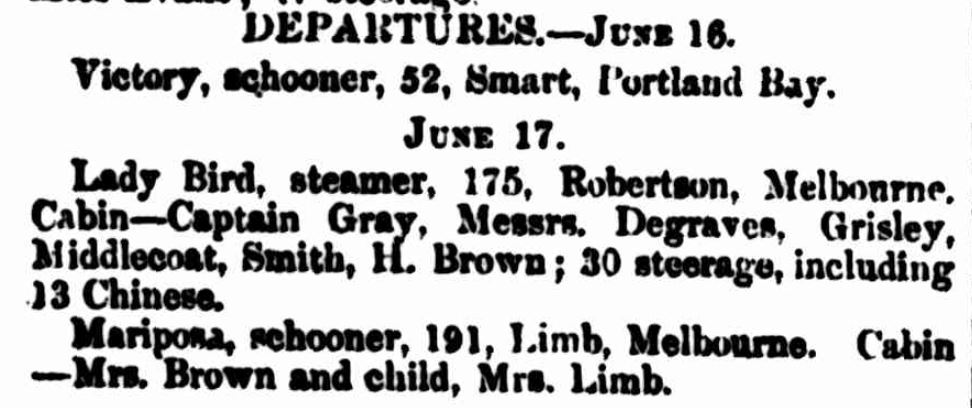
Departures from Launceston, The Courier, 19 June 1854

